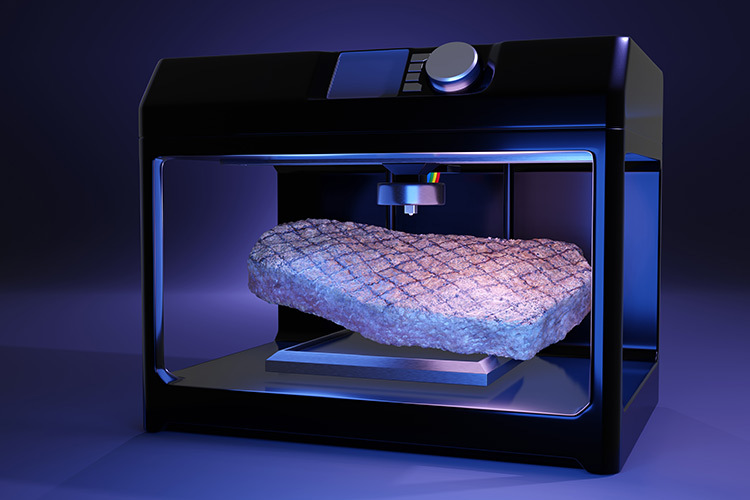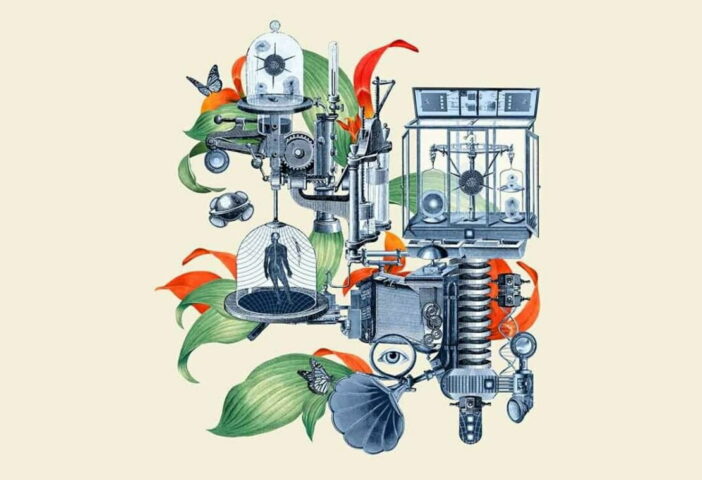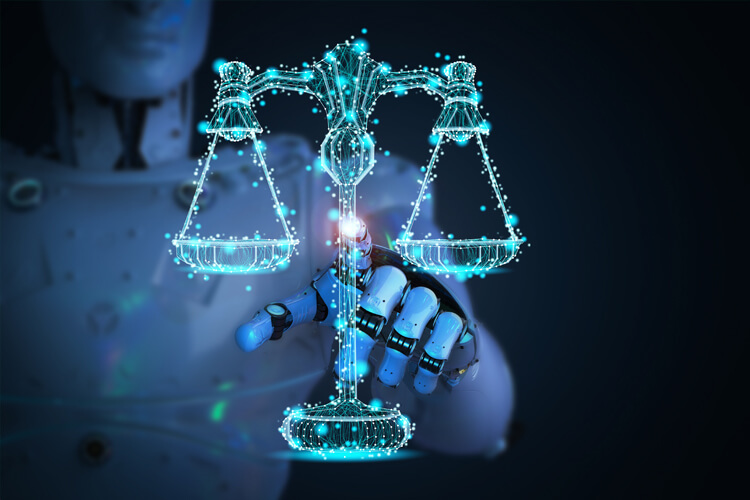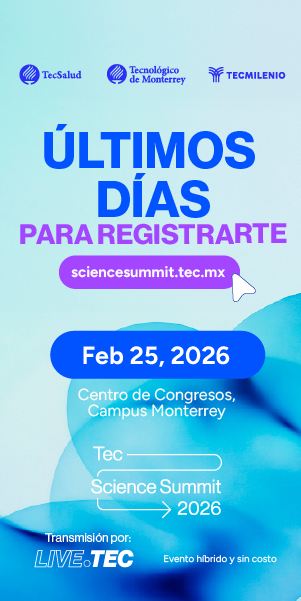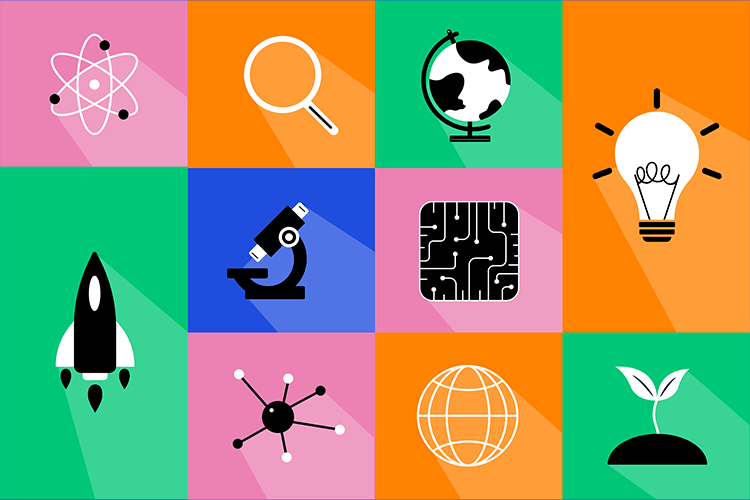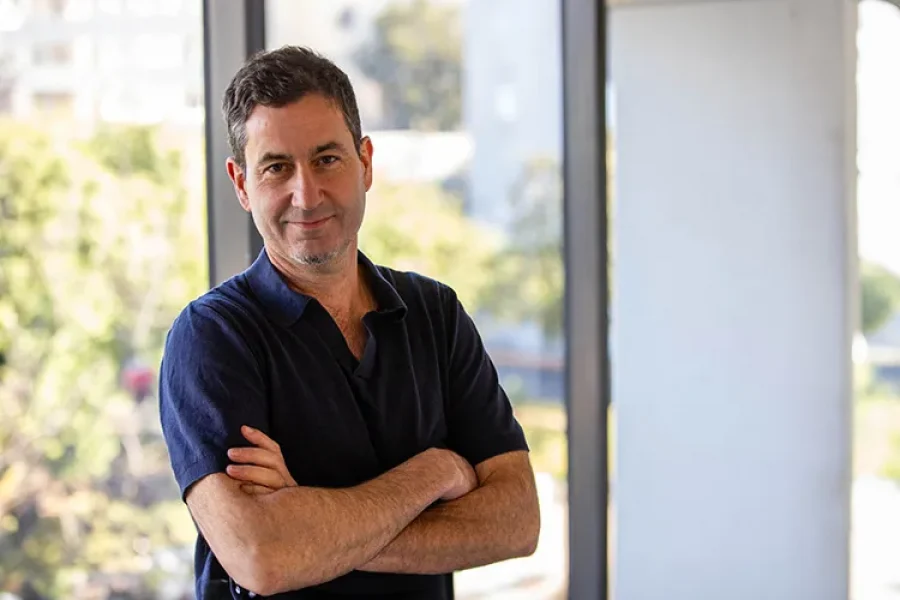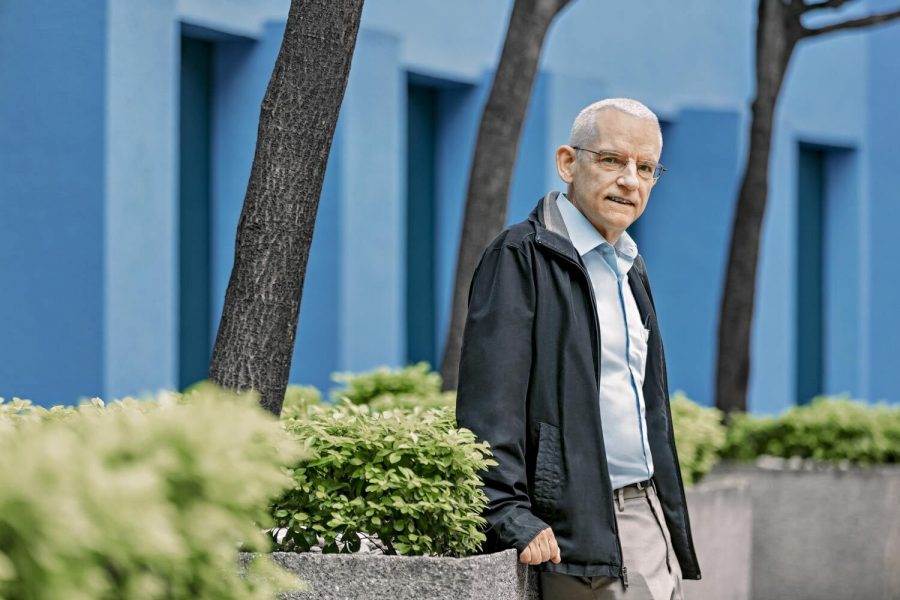Skills.tech and Forma Foods, two businesses run by Tec de Monterrey alumni, have respectively won the Casa Tech Mex Pitch Competition and The International House: Series A+ Edition at South by Southwest: events that recognize the best startups.
As a child, Li Lu Lam Aguilar, now CEO of Forma Foods, used to go with her father to work on the farm. However, she would refuse to eat ham for several weeks upon returning home. At that time, she dreamed of inventing a tree that would produce meat instead of fruit.
Many years later, Lam Aguilar, who holds a degree in biotechnology engineering from Tec de Monterrey, explains how the company manufactures cuts of “meat” made of plant protein.
3D Printers Create the Meat of the Future
The startup seeks not only to become a vegan alternative, but to prepare consumers of this protein for the future of the industry.
“It’s the meat of the future. Although a great many of us will continue to consume protein, animals will no longer be our main option as a source of it”, says Lam Aguilar.
One of Forma Foods’ main innovations is how to mimic the texture of animal-based products using 3D printers capable of accommodating up to 32 fibers or filaments in a single millimeter.
As meat muscle has a complexity of interwoven elements such as tissue, fat, and blood, these fibers are printed from cartridges loaded with protein, connective tissue, and fat, all of plant origin.
Lam Aguilar explains that the virtue of her technology is the printhead (the printer’s nozzle), which manages to squeeze several filaments into a very small space at the same time.
“It’s almost as complex as meat. We create muscle fibers through a well-structured organization of different components. The idea is that we’ll be able to add cells gradually in the future”, she comments.
Increasingly Personalized Learning
After 12 years of entrepreneurship in the field of education, brothers Ricardo and Zuriel Cevada have become market innovators.
Skills.tech started life as a business venture teaching people looking for training in data science and analytics. However, they have now turned to artificial intelligence to help them focus on corporations and their employees.
“As we’ve personalized learning in corporations to leverage their intellectual property, we’ve become a service for very large companies”, says Ricardo Cevada, who holds a bachelor’s degree in innovation and development engineering from the Tec.
They use a tool called SkillsAI, which is a technology that coordinates different artificial intelligences and is trained on company and employee information. The result is a teaching platform tailored to a specific company, its human capital, and the industry in question.
“With SkillsAI, for Cemex, for example, we could teach them data science for the cement industry and then teach them how (a certain employee) learns”, says Cevada.
